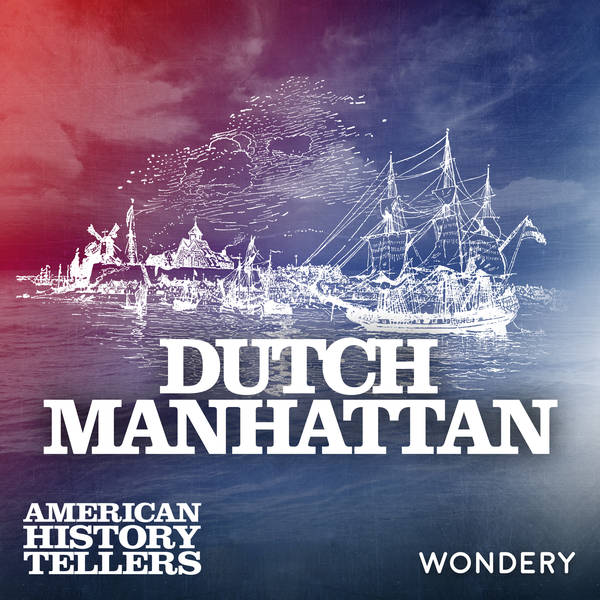
Dutch Manhattan - Pirates and Prostitutes | 3
New Amsterdam was a desperate place. For the first decade of its existence, the Dutch city on the tip of Manhattan Island served as a haven for pirates, prostitutes and smugglers. That was because the West India Company, which ran New Amsterdam, insisted on controlling all trade — something it simply couldn't manage effectively. Finally, in 1640, the Company gave up its monopoly, and what had been a rag-tag, Wild West kind of town quickly took on the hallmarks of Dutch capitalism.
Trading firms in Amsterdam opened branch offices on Manhattan, and business boomed. Merchants traded in everything from furs to tobacco to Caribbean sugar and salt. Soon, Manhattan became a brash, free-wheeling pioneer settlement where visitors could hear some 18 different languages — at a time when the city’s population numbered only about 500. The ingredients were in place for an American success story utterly unlike the English colonies to the north.
Support us by supporting our sponsors!
See Privacy Policy at https://art19.com/privacy and California Privacy Notice at https://art19.com/privacy#do-not-sell-my-info.
